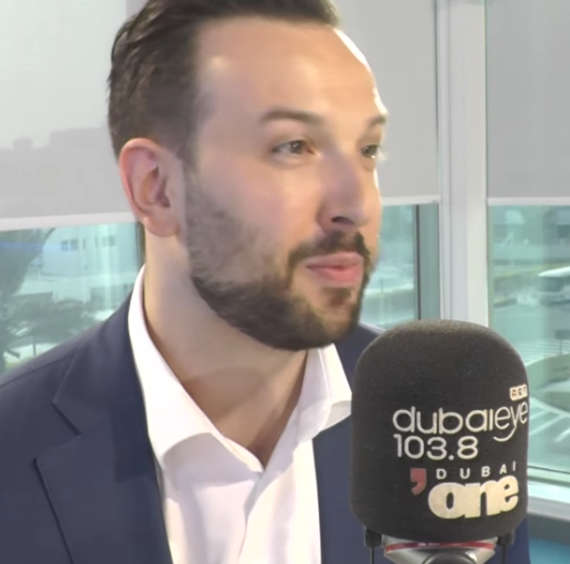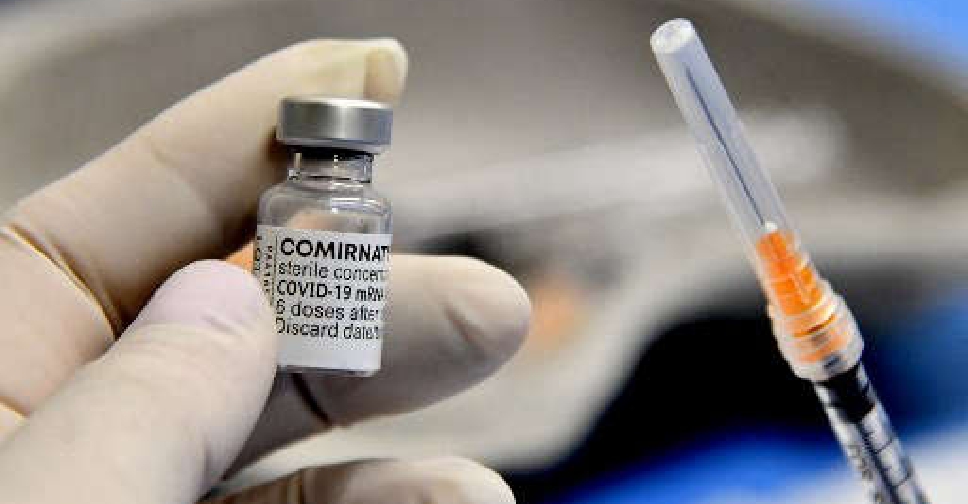
Pfizer Inc plans to ask U.S. regulators to authorise a booster dose of its COVID-19 vaccine within the next month, the drugmaker's top scientist said on Thursday.
The company says it's based on evidence of greater risk of reinfection six months after inoculation and the spread of the highly contagious Delta variant.
The U.S. Food and Drug Administration (FDA) and the Centers for Disease Control and Prevention (CDC) said, however, in a joint statement that Americans who have been fully vaccinated do not need a booster COVID-19 shot at this time.
Some scientists have also questioned the need for booster shots.
Pfizer's chief scientific officer, Mikael Dolsten, said the recently reported dip in the vaccine's effectiveness in Israel was mostly due to infections in people who had been vaccinated in January or February. The country's health ministry said vaccine effectiveness in preventing both infection and symptomatic disease fell to 64% in June.
"The Pfizer vaccine is highly active against the Delta variant," Dolsten said in an interview. But after six months, he said, "there likely is the risk of reinfection as antibodies, as predicted, wane."
Pfizer did not release the full set of Israeli data on Thursday, but said it would be published soon.
"It's a small data set, but I think the trend is accurate: Six months out, given that Delta is the most contagious variant we have seen, it can cause infections and mild disease," Dolsten said.
The FDA and CDC, in their joint statement, said: "We are prepared for booster doses if and when the science demonstrates that they are needed."
Pfizer's own data from the United States showed an erosion of the vaccine's efficacy to the mid-80s after six months, Dolsten said, against the variants circulating there in the spring.
He stressed that data from Israel and Britain suggests that even with waning antibody levels, the vaccine remains around 95% effective against severe disease.
The vaccine, developed with German partner BioNTech SE , showed 95% efficacy in preventing symptomatic COVID-19 in a clinical trial the companies ran last year.
Dolsten said early data from the company's own studies shows that a third booster dose generates antibody levels that are five-to-10-fold higher than after the second dose, suggesting that a third dose will offer promising protection.
He said multiple countries in Europe and elsewhere have already approached Pfizer to discuss booster doses, and some may begin administering them before a potential U.S. authorization.
Dolsten said he believes booster shots are particularly important in older age groups.
Dr. Eric Topol, a professor of molecular medicine and director of the Scripps Research Translational Institute in La Jolla, California, said basing the decision on waning antibody protection ignores the role of important other parts of the immune response, including memory B cells, which can make antibodies on demand when challenged by the virus.
"You need better studies to be able to assert that. It isn't just neutralizing antibodies," Topol said.
Pfizer has previously said people will likely need a booster dose, though some scientists have questioned when, or whether, boosters will be needed.
Pfizer plans to launch soon a placebo-controlled efficacy trial of the booster with 10,000 participants. The study will run throughout the fall, Dolsten said, meaning it will not be completed ahead of the company's filing with the Food and Drug Administration.
Dr. William Schaffner, a vaccine expert at Vanderbilt University Medical Center, said even if Pfizer succeeds in getting its booster authorized by the FDA, that would be only the first step. The booster would still need to be reviewed and recommended by advisers to the CDC.
"It's not automatic by any means," he said. Schaffner said realistically, most of the public health bandwidth in the United States is still focused on encouraging Americans to get their first and second doses of the vaccine.
Because boosters would drive increasing demand for vaccines while much of the world is still unvaccinated, Dolsten said Pfizer is looking at ways to boost production.
It is already targeting production of 3 billion doses this year and 4 billion doses next year. Dolsten declined to give a forecast of exactly how many more doses the company could add, but said, "We can step up billion after billion in '22."
Dolsten also said Pfizer and BioNTech are designing a new version of the vaccine targeting the Delta variant, but said the companies do not believe that the current version will need to be replaced in order to combat the variant.
Pfizer expects the COVID-19 vaccine to be a major revenue contributor for years and has forecast sales of $26 billion from the shot in 2021. Global spending on COVID-19 vaccines and booster shots could total $157 billion through 2025, according to U.S. health data firm IQVIA Holdings.



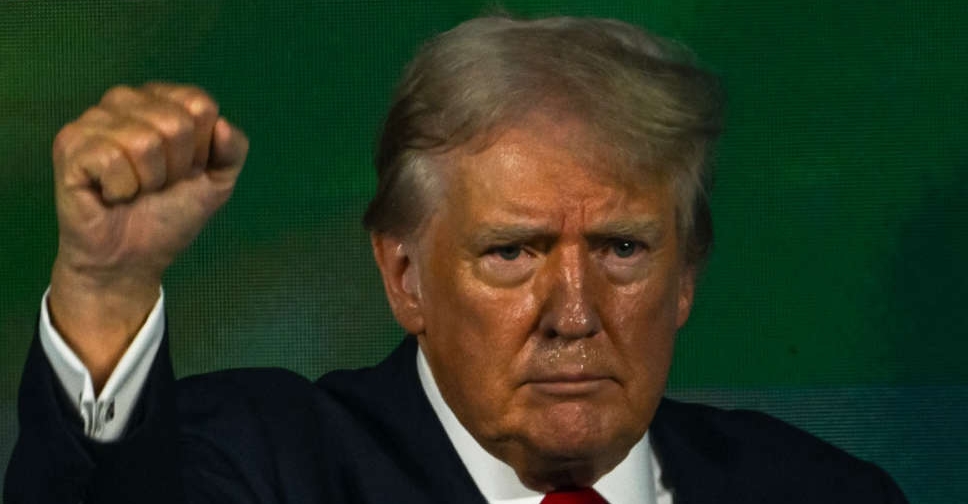 Trump to rally in Minnesota to blunt Harris' campaign momentum
Trump to rally in Minnesota to blunt Harris' campaign momentum
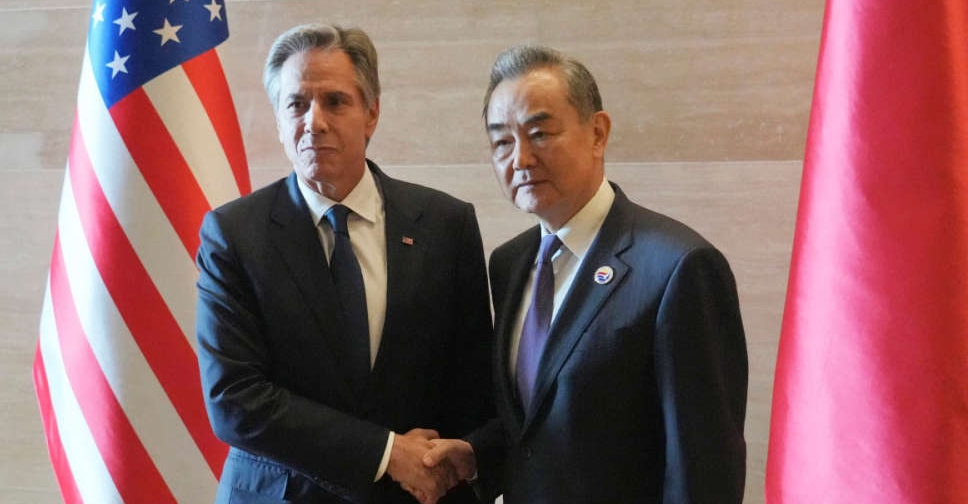 Blinken conveys concern to Wang over 'provocative actions' on Taiwan
Blinken conveys concern to Wang over 'provocative actions' on Taiwan
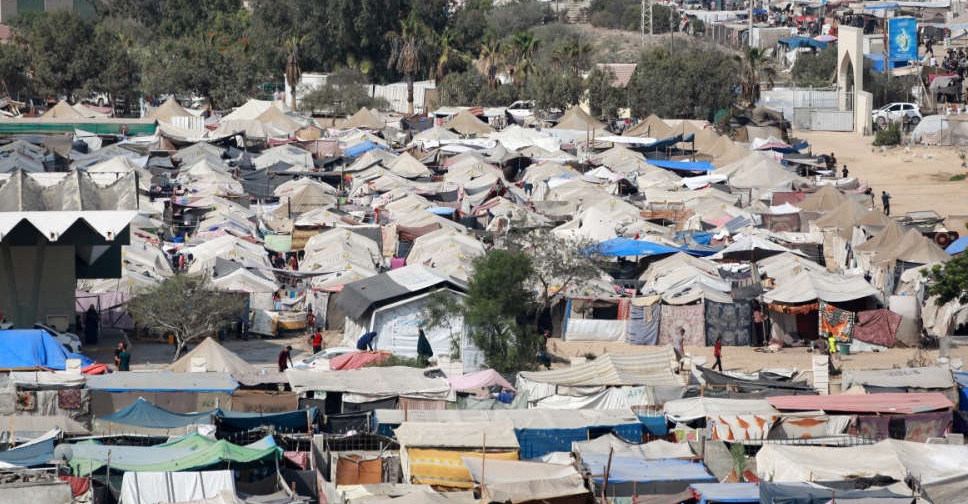 Israel issues a new evacuation order to the residents of Khan Yunis
Israel issues a new evacuation order to the residents of Khan Yunis
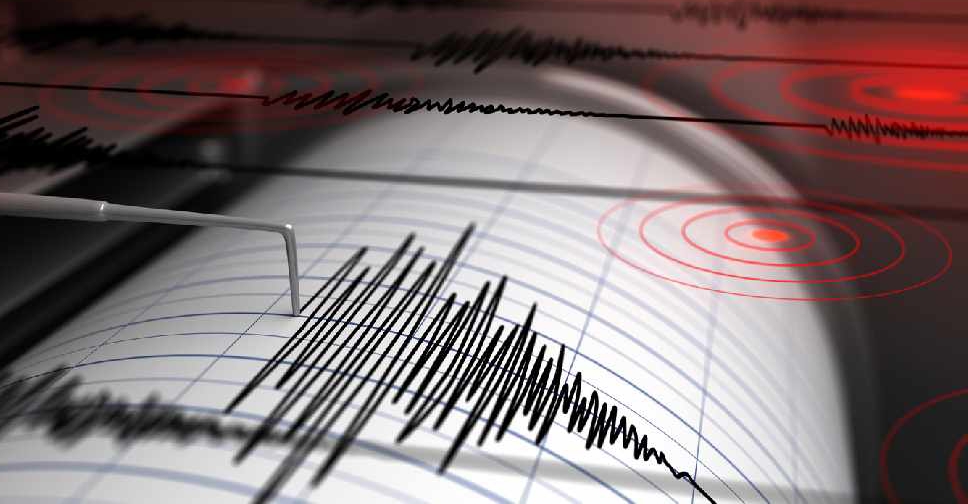 Earthquakes hit the Red Sea, near Saudi Arabia and Sudan
Earthquakes hit the Red Sea, near Saudi Arabia and Sudan
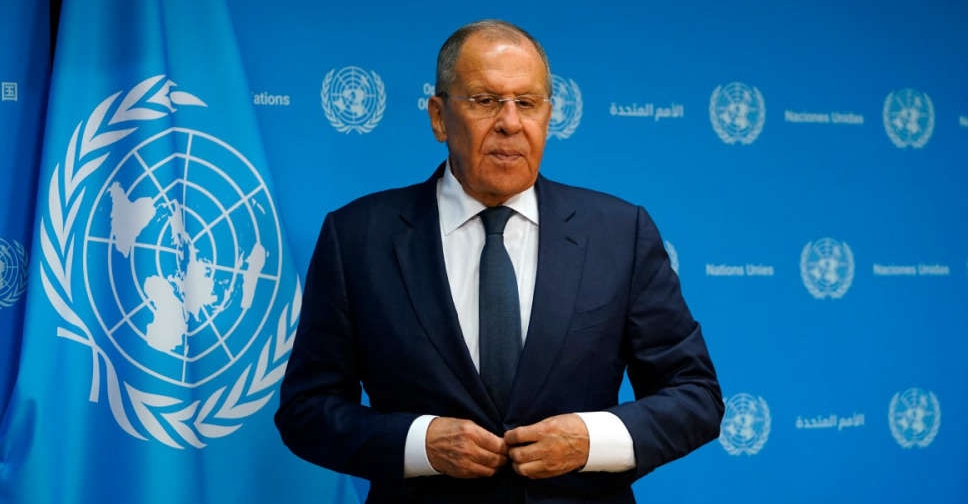 Russia's Lavrov says US-South Korea nuclear guideline adds concern
Russia's Lavrov says US-South Korea nuclear guideline adds concern





